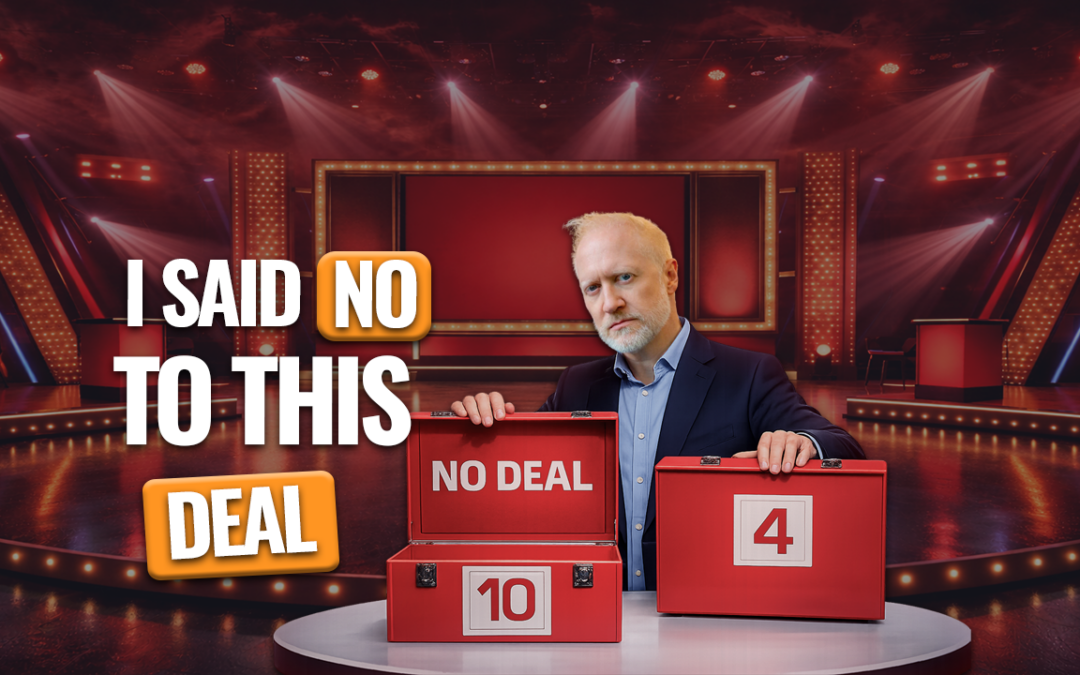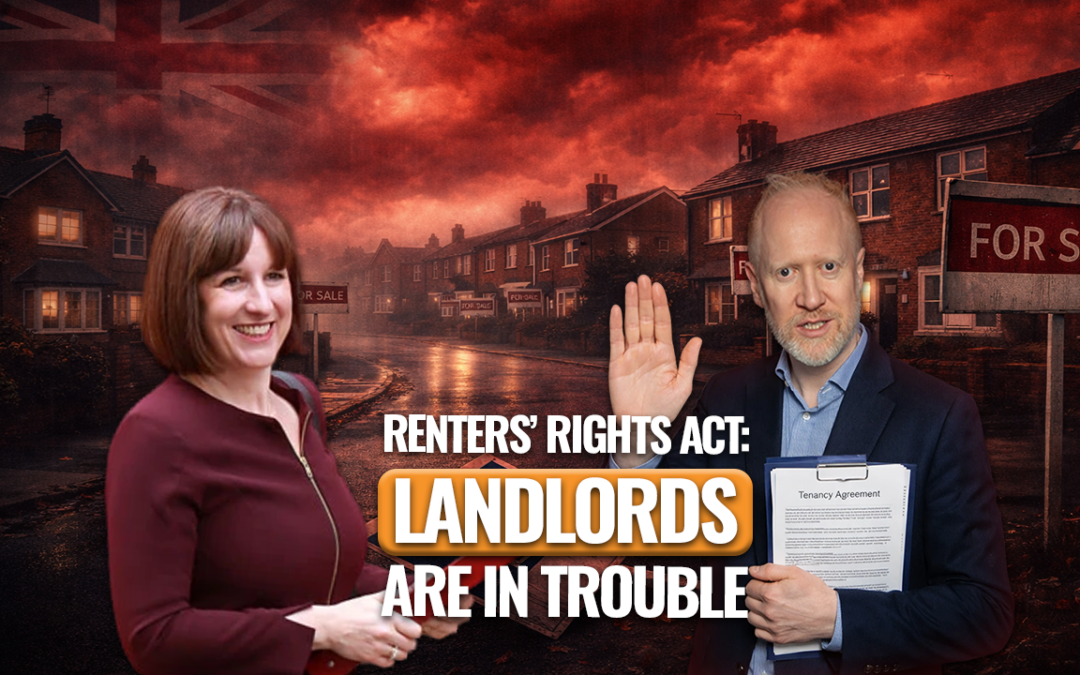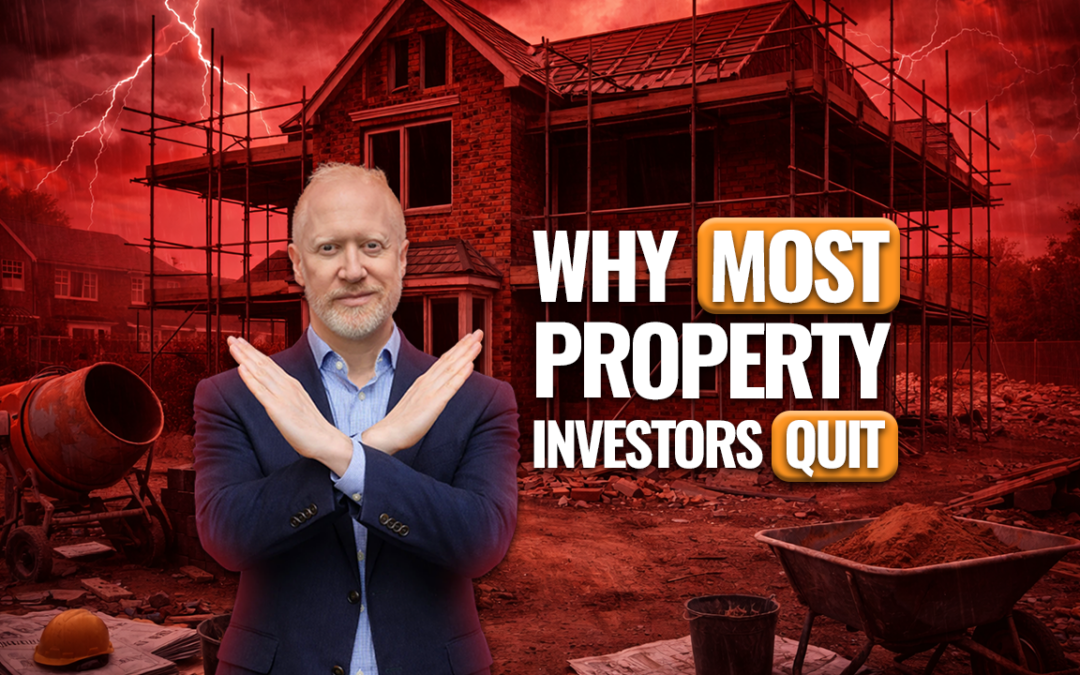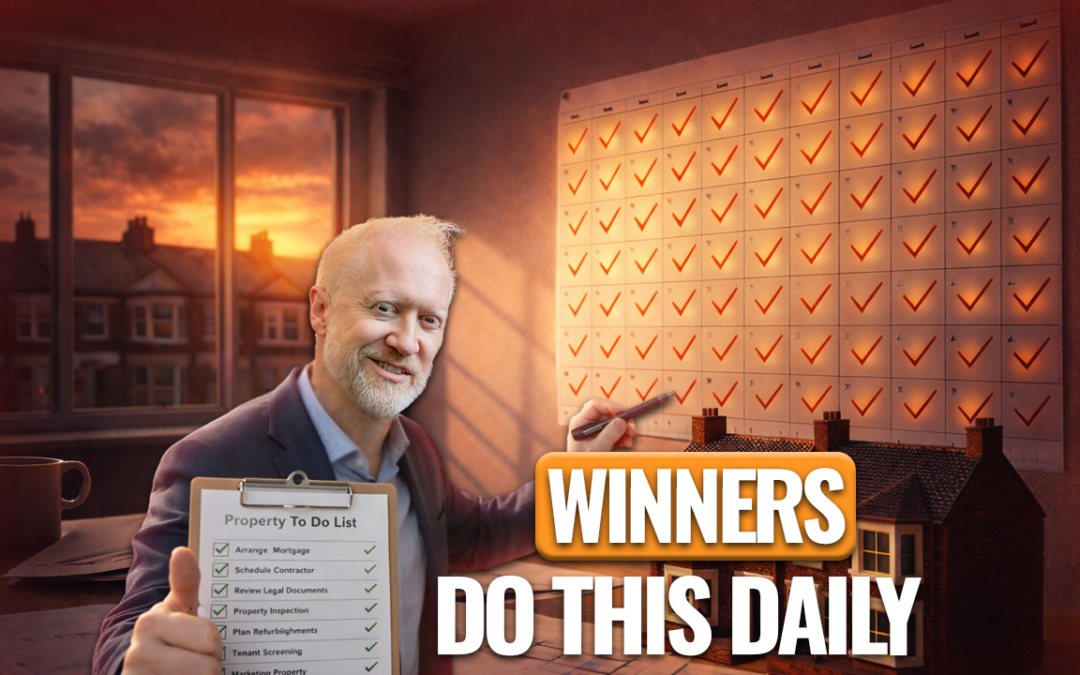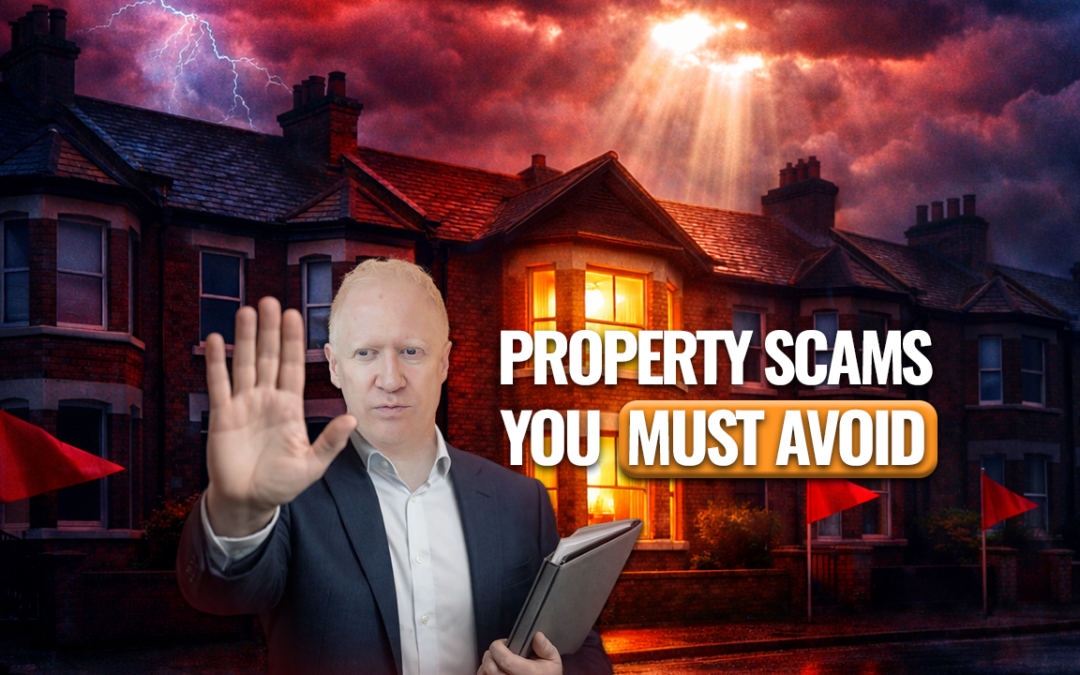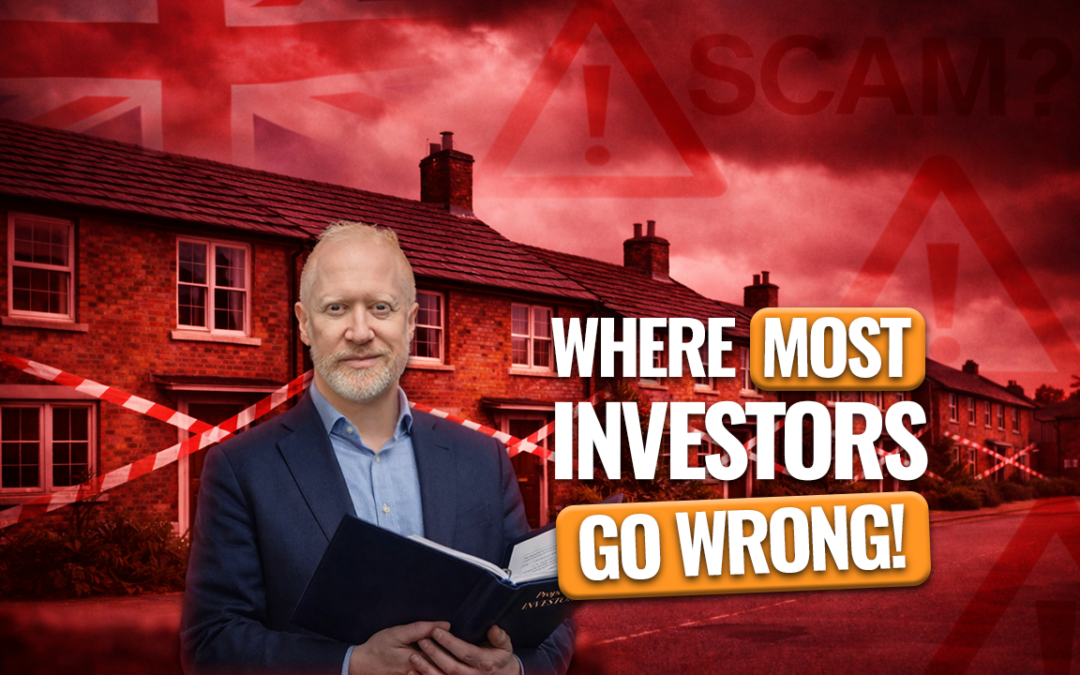If you read the headlines or scroll through social media, it doesn’t take long before you stumble across people calling landlords greedy, heartless, or exploitative. We’re told they charge outrageous rents, ignore repairs, and treat tenants unfairly. No wonder some parts of the public seem to hate landlords. But is this truly the case—or just the version we’re being fed?
Yes, There Are Bad Landlords
Let’s not pretend otherwise. Some landlords are terrible. They let their properties fall into disrepair. They overfill rooms and take advantage of vulnerable people. There are tenants out there dealing with damp, broken heating, poor ventilation and worse. But let’s be clear: this isn’t limited to private landlords. Many council-owned properties suffer from the exact same problems. There are just as many poorly maintained social housing units as there are bad privately rented ones.
There are also cases of overcrowding in rental properties where people are literally hot bedding—sharing one bed on rotating shifts. It’s hard to believe that kind of thing still happens in the UK in 2025, but it does. Still, just because it exists doesn’t mean it’s the norm.

Most Landlords Are Trying to Do the Right Thing
The reality is, the vast majority of the UK’s two million private landlords aren’t out to rip people off. They know that tenants are customers. And in any business, if you don’t treat your customers well, they leave. Good landlords want long-term tenants who pay their rent, look after the home, and stay for years. That’s good business. It’s also good for the tenant.
Many landlords provide decent, affordable homes for people who either don’t want to buy or can’t afford to right now. Without landlords providing that housing, the UK’s housing crisis would be even worse than it already is.
The Truth About Landlords and First-Time Buyers
Some critics claim landlords are stealing homes from first-time buyers and pushing up house prices. It’s a common argument, but it’s rarely true when you look at the details. Most landlords aren’t bidding on the same homes as first-time buyers. They buy apartments, or bigger homes they can turn into HMOs. First-time buyers tend to want two- or three-bed homes with gardens. While there is some overlap, it’s not as big an issue as people make it out to be.
Regulation Is Necessary, But It Has to Be Balanced
Any decent landlord who’s taken the time to get educated knows there are regulations they must follow. Health and safety, gas checks, fire doors, EPCs… the list goes on. And it should. Standards matter. But when regulation goes too far, it starts to drive the good landlords out of the market—the very people who do follow the rules and provide quality homes.
With new legislation like the Renters’ Reform Bill on the horizon, many landlords are getting nervous. There’s a real concern that tenants will be handed too many rights without enough responsibility, making it hard for landlords to remove bad tenants. That fear is causing many to sell up and exit the market completely. And when supply drops, rents go up. So ironically, regulation designed to help tenants can end up hurting them in the long run.

Property Investment Is a Long-Term Game
I’ve been a landlord for over 30 years. I started by renting out spare rooms in my first home. Later, I turned that house into an HMO for students. Since 2003, I’ve been teaching people how to invest in property the right way—by looking after their properties and their tenants.
Some of my tenants have been with me for 15 years. That only happens when the home is affordable, safe, and well looked after. In fact, some of my tenants treat the property like their own and even do little improvements themselves. Why? Because they feel at home.
Yes, There Are Bad Tenants Too
Let’s not pretend that all tenants are angels either. Some move in with no intention of paying rent. They abuse the system, drag out eviction processes, then move on and do the same elsewhere. Just like with landlords, there are good ones and bad ones. The key is having fair systems in place that protect both sides—and encourage the good people to stay in the market.
Being a good landlord is a decision. It’s about more than just making a quick buck. The people who get into property with a long-term mindset—who understand wealth is built over time—are the ones who succeed. Property values go up and down, but in the UK, the long-term trend is always upwards. Why? Because we have a growing population and not enough homes. It’s simple supply and demand.
And for tenants thinking, “I’d love to buy, but it’s out of reach,” there are options. Strategies like purchase lease options can help you get your foot on the ladder even without a big deposit. Rather than staying stuck or frustrated, start learning. Take control. Educate yourself and you could become a homeowner—and maybe even a landlord—sooner than you think.
If you’re still not sure what to make of landlords, come and meet a few. Every month, we run around 45 property investors network meetings across the UK. They’re relaxed, friendly events where you’ll meet other people just like you—some experienced, some just starting out. It’s a great way to learn, get inspired, and build your property network.
If you’ve never been before, your first event is free. Just go to pin Meetings, find your local meeting, and when booking your place, use the voucher code YouTube to skip the payment.
There’s a whole world out there of people creating wealth and doing it with integrity. And whether you’re brand new or already on your property journey, joining a community like pin could be the step that changes everything.
So come and see what you’ve been missing. Until next time—invest with knowledge, invest with skill.


